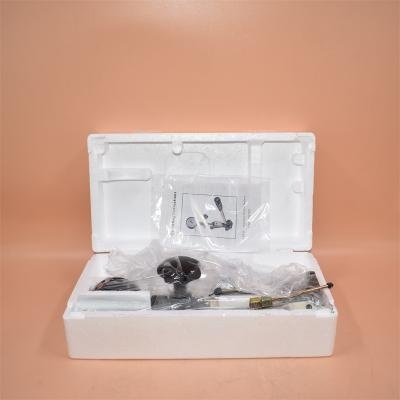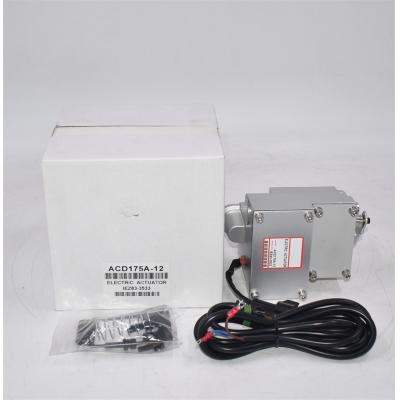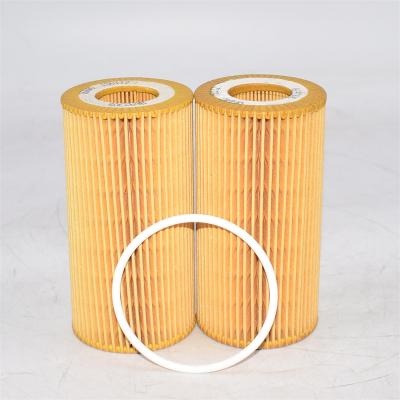Air Filters
Introduction
This article takes an in depth look at air filters.
Read further to learn more about topics such as:
What is an air filter?
Types of air filter media
Performance of air filters
Types of air filters
And much more...
Chapter 1: Overview of Air Filters
Air filters are devices used to remove airborne particles, pollutants, and micro-organisms that are health hazards and can damage the ecosystem. In manufacturing, air filters preserve the quality of products and materials and protect critical equipment from damage and product loss.
Cleanrooms use a combination of high efficiency particulate air (HEPA) filters, which are approximately 100 times more efficient than a typical furnace filter, with methods for controlling air flow to keep particulate counts within acceptable parameters. Exhaust and stack gasses are filtered and cleaned before releasing them into the atmosphere. Air filters are used in home furnaces, offices, laboratories, clinics, hi-tech microelectronics manufacturing, chip and hard-drive production and the aerospace industry.

Most commercial air filters are designed to effectively remove solid particles such as dust, dirt, smoke, aerosols, odors, fumes, viruses, molds, bacteria, and particles and pollutants from the ambient air. These contaminants cause and aggravate respiratory illnesses, skin disorders, and allergies. Filters that work on aerosols, odors, and fumes tend to absorb them like a sponge and are made with activated charcoal or carbon. Normal air filters cannot capture gas phase contaminants and work by straining/sifting particles thru a media fiberglass.
How Do Air Filters Work?
Air filters work by drawing in unclean surrounding air and passing it through a filter medium with fine narrow or progressively smaller openings. The unwanted particles that are larger than the openings are trapped inside or by the progressively denser filter media and are separated from the passing air.
Air leaves the filter with reduced particulate content. The efficiency of most commercial particulate filters increases, goes up. or improves as the filter loads up, reducing the opening in the filter media. A filter's efficiency, on day one, can be 50% of what it is when replaced. As the particles in air filters increase, their filtration efficiency, as particles form a layer in the upstream side of the filter media; aids in screening other particles.
Filter medium is replaced regularly or cleaned to prevent a filter from clogging or blinding and restricting airflow. While a filters efficiency increases as it loads up, so does its resistance to the airflow, which can have a negative effect on cooling and heating costs.

























